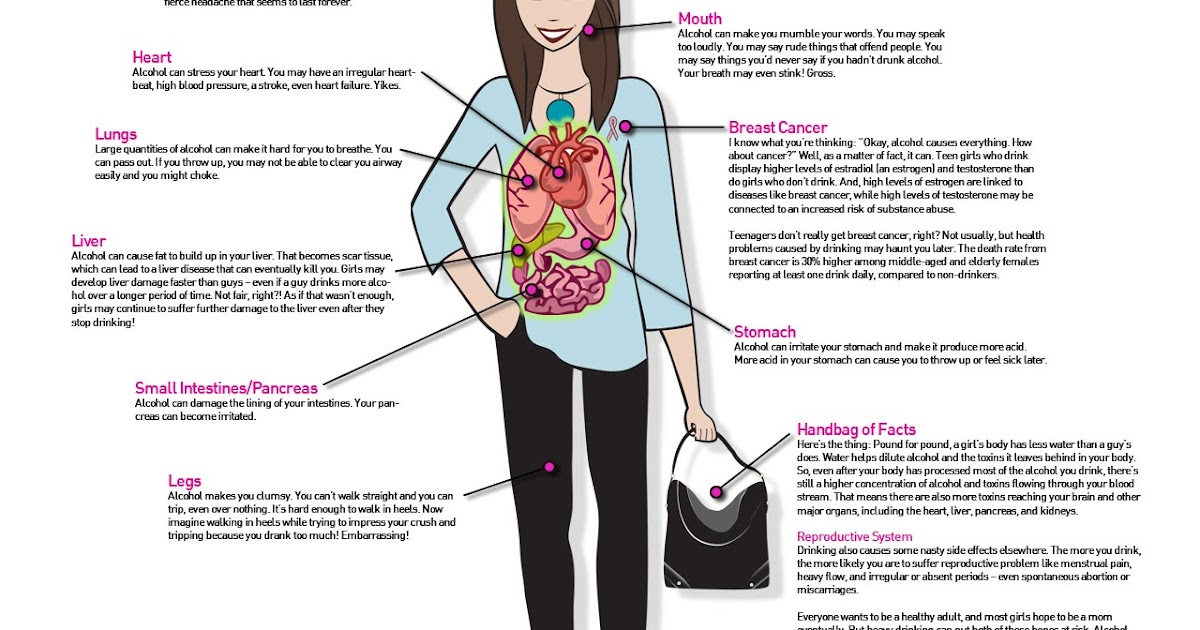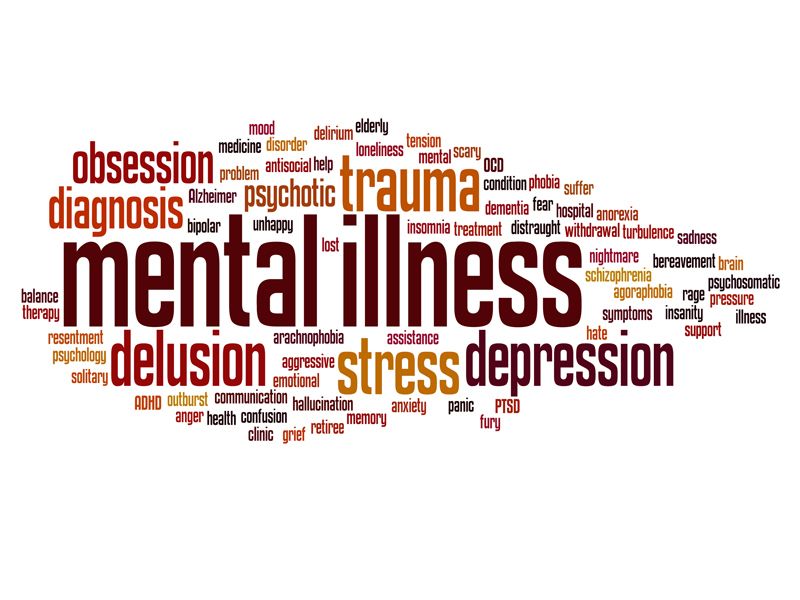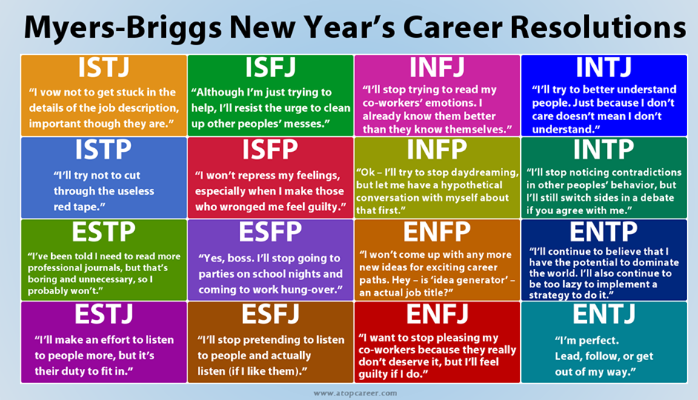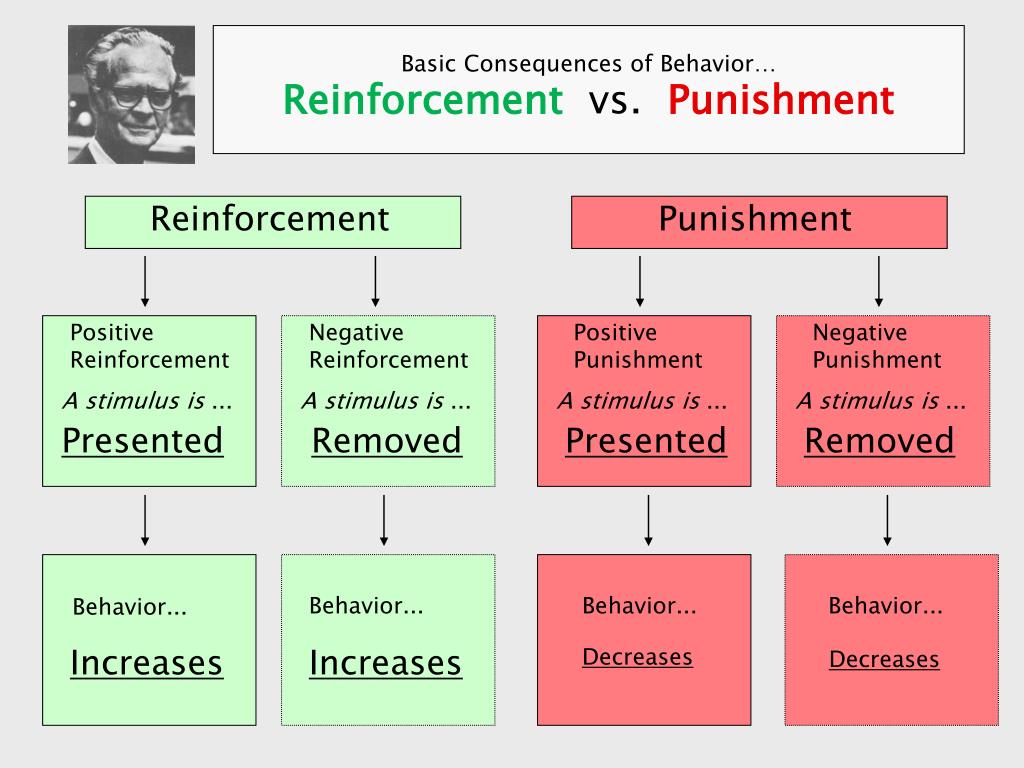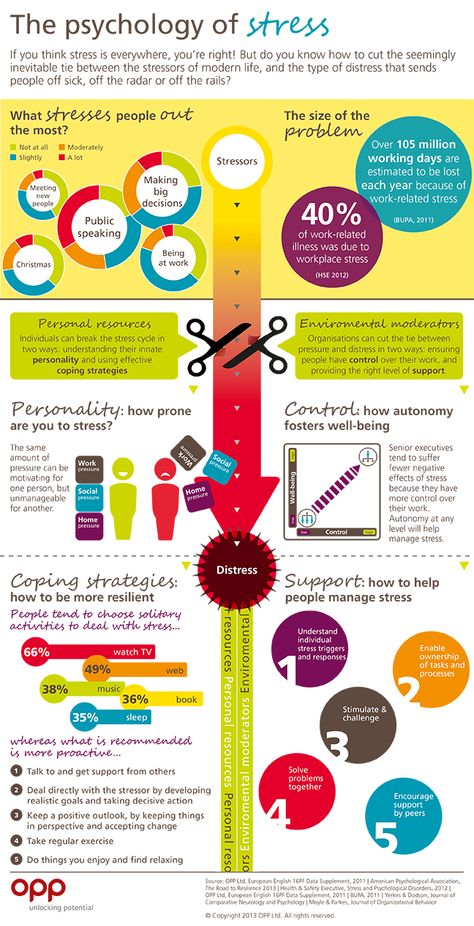Can alcohol help you sleep
Should I be using alcohol to help me sleep?
Alcohol and sleep: help or hindrance
The worst of all ‘sleeping medicines’ is alcohol in any shape.
Contemporary Review: Volume 34, Jan 1879
Alcohol is the most widely used sleep aid on the planet. It’s probably been ‘helping’ us to sleep since we discovered how to make it at least 9,000 years ago.
And it does work…to a degree.
Alcohol will undoubtedly help to send you off to sleep as it actually works on the same receptors in the brain that are targeted by some sleeping tablets.
However, the problem with alcohol comes later in the night when alcohol has a number of negative effects.
Effects of alcohol on sleepIf you’ve ever had a few drinks before bed then you’ve probably:
- suffered a headache caused by dehydration
- visited the bathroom at least once in the night because alcohol is a diuretic (in other words, you need to pee more)
- experienced disturbed and restless sleep because you’re feeling hot and sweaty.
The first two effects might seem obvious but have you ever considered that alcohol could affect your body temperature?
Because alcohol is highly calorific, drinking too much means that your body is suddenly faced with having to burn off these additional calories.
And burning off more calories increases your body temperature!
In order to get a good sleep, you need to lose approximately 1°C of body temperature>) throughout the night.
But the alcohol in your system is a barrier to losing heat. It leads to poorer sleep, particularly in the second half of the night.1
Too many pints — or that extra glass of wine — can be the trigger for waking up bathed in sweat with your pillow soaking wet.
Combine alcohol with a fatty kebab or a late-night curry and your body has its work cut out keeping you cool and keeping you asleep.
Does alcohol always affect sleep?
Everyone is different. We all know someone who feels merry following their first drink and we know others who appear unfazed by pint after pint.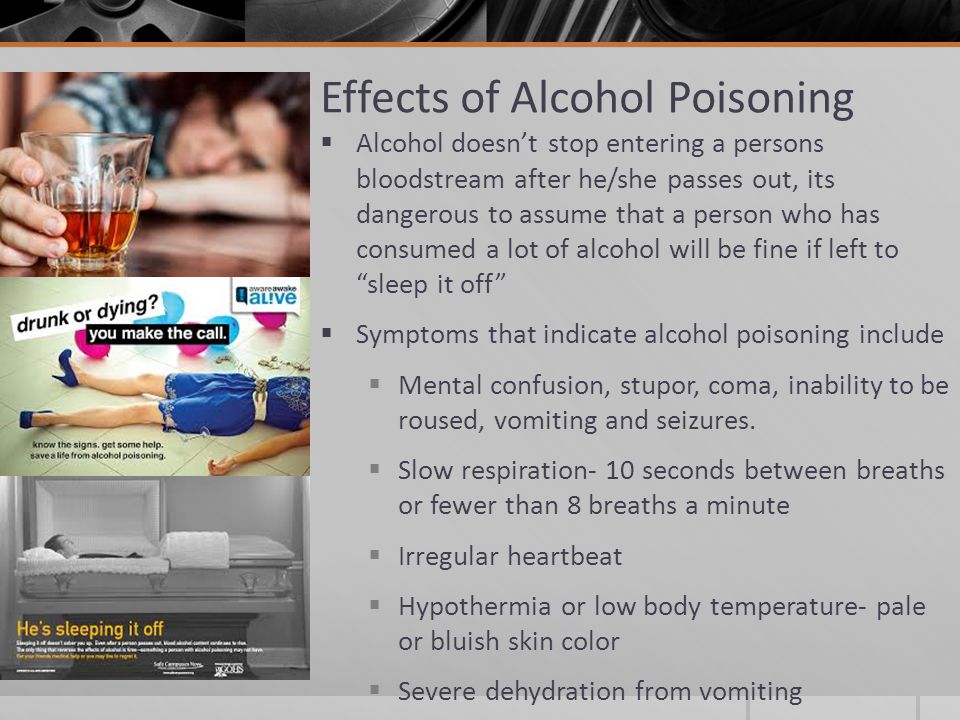
Just as alcohol affects all of us in different ways — and at different stages — there’s no set rule for how it will affect your sleep.
That said, if you’re drinking half a bottle of Scotch before bed then it will, of course, disturb your sleep. It could also be indicative of a wider problem.
By contrast, a small sherry or a nip of whisky before bed has never done anyone any harm and it can often be the perfect end to a lovely evening.
Large doses of alcohol produce stupefied and comatose sleep as a primary symptom and sleeplessness as a secondary symptom. But alcoholic sleep is at first snoring as if apoplectic; later, not to be roused. In alcoholic insomnia the patient tosses from side to side during nearly the whole night, getting only broken snatches of sleep attended with frightful dreams.
The Hahnemannian Advocate: A Monthly Magazine of Homoeopathic Medicine and Allied Sciences, Volume 38. HW Pierson, Jan 1899
Should you avoid a nightcap?
Not necessarily.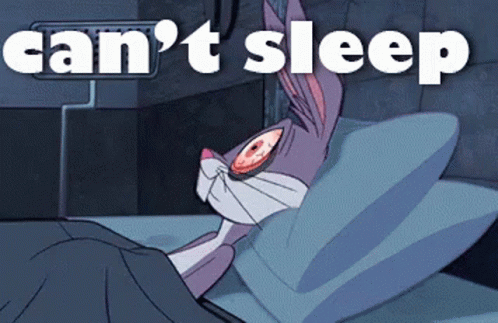 Like all things alcohol-related, it’s about moderation and knowing your limits. Too much alcohol can affect your sleep but you may benefit from a small drink before bed.
Like all things alcohol-related, it’s about moderation and knowing your limits. Too much alcohol can affect your sleep but you may benefit from a small drink before bed.
For some of us, the relaxation gained from sipping a fine single malt in front of a roaring fire can outweigh the possible effects of the alcohol later that night, given that relaxation before sleep will improve your sleep.
It’s also worth remembering that alcohol isn’t solely responsible for disrupted sleep.
If you’ve enjoyed a lovely three-course dinner with friends — washed down with a few glasses of wine — then it’s the combination of a substantial meal and the alcohol that’ll affect your sleep.
So can you use alcohol to help you sleep?
Occasionally consuming a small amount of alcohol in the evening to help you relax and wind down isn’t a problem.
The problem arises if you find yourself relying on alcohol to get you to sleep. It can become a sleep crutch.
If you’re regularly drinking alcohol to help you fall asleep, particularly if you have insomnia, it’ll probably make your sleep problem worse.
Using alcohol as a sleep aid may result in you believing the only way you can get to sleep is by drinking. This idea becomes a self-fulfilling prophecy.
Using alcohol to help you relax and sleep may actually be masking a sleep disorder that needs treatment.
How does alcohol affect sleep?
Alcohol affects several stages of your sleep. 2
- Sleep onset latency — The time to fall asleep is reduced as soon as you consume any amount of alcohol. This appears to be the most robust effect of alcohol on nocturnal sleep.
- Wake after sleep onset — Waking during sleep is reduced in the first half of sleep but increased for total sleep time.
- Slow-wave sleep (N3, SWS) — Alcohol increases SWS in the first part of sleep. The effect of alcohol on total night SWS is dose-dependent: low doses show no clear trend; moderate doses show a trend toward an increase in SWS; and high doses show a significant and clear trend towards increasing total SWS.

- REM sleep — Following low or moderate doses of alcohol, there is no significant effect on REM sleep percentage in the first half of sleep. Significant effects on REM sleep reduction are only seen with high doses of alcohol.
In addition to affecting the stages of your sleep, alcohol can affect sleep in more peripheral ways, e.g. through:
Snoring Because alcohol is a muscle relaxant it may precipitate or increase the likelihood of snoring and may worsen obstructive sleep apnoea.3 Many non-snorers will snore after they have had some alcohol during the evening.
Parasomnias Alcohol increases the amount of SWS in the first third of the night. As a result it may precipitate — or increase the frequency of — parasomnias which occur during this stage of sleep. Sleepwalking and sleep talking are two examples.
Medication Alcohol may interact with other medications that you may be taking to help you sleep.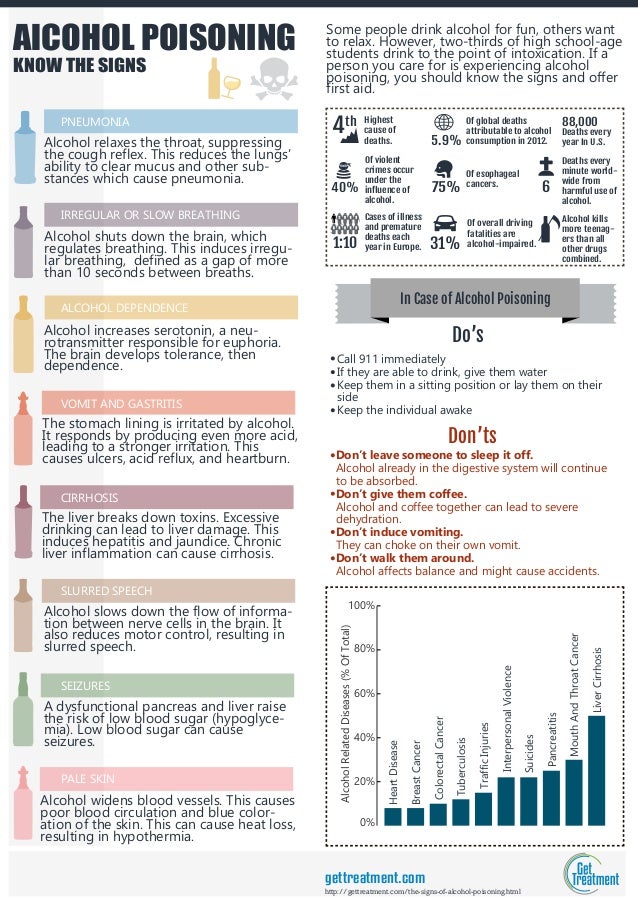 This can actually prolong the action of the medications and potentially lead to a ‘hangover’ the next morning.4
This can actually prolong the action of the medications and potentially lead to a ‘hangover’ the next morning.4
Other, generalised sedative effects Alcohol can increase the sedative effects of medications that you may be taking for other conditions. This is why you’ll often see a warning label on these medications advising you to avoid alcohol.
Alcohol-disrupted sleep and risk-taking behaviour
One consequence of poor sleep — linked to drinking alcohol — is a tendency to take risks. Insufficient sleep, particularly in younger adults, is associated with an increased tendency towards ‘risky behaviours’ including:
- smoking cigarettes or marijuana and drinking alcohol
- seriously considering attempting suicide
- focusing on a sense of sadness or hopelessness
- physically fighting
- failing to be physically active for at least 60 minutes a day for more than five days in the past seven days
- using the computer up to three hours a day
- reliance on a poor diet through the consumption of fizzy drinks.
 5
5
Risky behaviours can evolve into bad habits and potentially develop into addictions.6
Alcohol, sleep and addiction
The transition from risky behaviours to bad habits and ultimately addiction is worryingly common. One contributory factor could be the effect of poor sleep on neurocognitive functioning.
Poor sleep may lead to:
- impairments in higher-order cognitive functioning including working memory and problem-solving 7
- reduced inhibition and an inability to regulate emotions.89
These impairments could mean the danger signs related to substance use — and excess alcohol consumption — are missed.
These higher cognitive functions originate in the prefrontal cortex and this is particularly sensitive to the effects of sleep deprivation.10
So it’s easy to understand why young people can become locked into a repetitive cycle of sleep deprivation, alcohol dependence, risky behaviour and addiction.
Can alcohol cause insomnia in young adults?
Let’s crunch some numbers and assess the evidence.
-
Thirty percent of young adults report binge drinking (>5 drinks on one occasion) 11 and alcohol-related problems.12
-
Insomnia disorder is reported to affect 6-15% of the general population 13 but insomnia rates as high as 58% have been reported among those who abuse alcohol (alcohol use disorder (AUD)).14
Individuals with AUD — and who experience poor sleep — report particularly high rates of using alcohol as a sleep aid (55%).15
It’s clear that using alcohol as a sleep aid leads to poorer sleep and disrupted sleep can lead to an even greater dependence on alcohol. No wonder addiction feeds off this debilitating cycle and insomnia in young adults prevails.
Alcohol and sleep: breaking the cycle
Improving sleep has been shown in several studies to have a positive impact on adolescent health and well-being.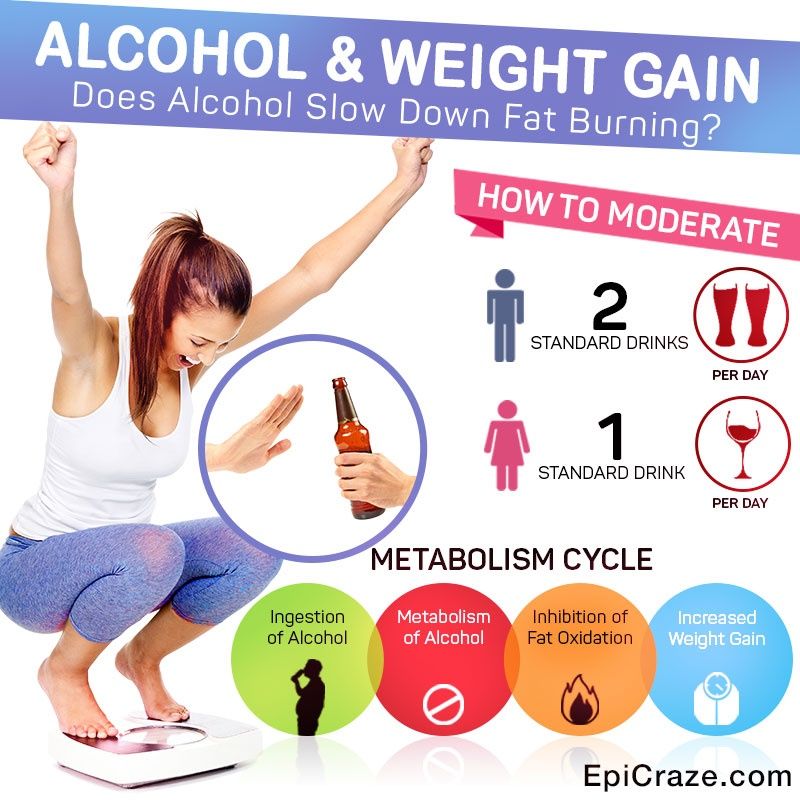 Benefits include:
Benefits include:
- improved physical health 16
- fewer car accidents 17
- improved cognitive functions 18
- improved emotional health.19
As sleep disturbance is a predictor of future alcohol use and related problems 202122232425 it would seem logical that improving sleep may help reduce the incidence of AUD.26
What can I do if I’m dependent on alcohol and can’t sleep?
A recent study tested the feasibility and short-term efficacy of CBTi among binge-drinking young adults with insomnia.27
CBTi was, as expected, found to improve sleep. Interestingly, it was also associated with reductions in alcohol-related problems among young adults at risk from alcohol-related harm.
This suggests not only that CBTi is effective in reducing insomnia symptoms but that improvements in insomnia may also result in fewer alcohol-related problems.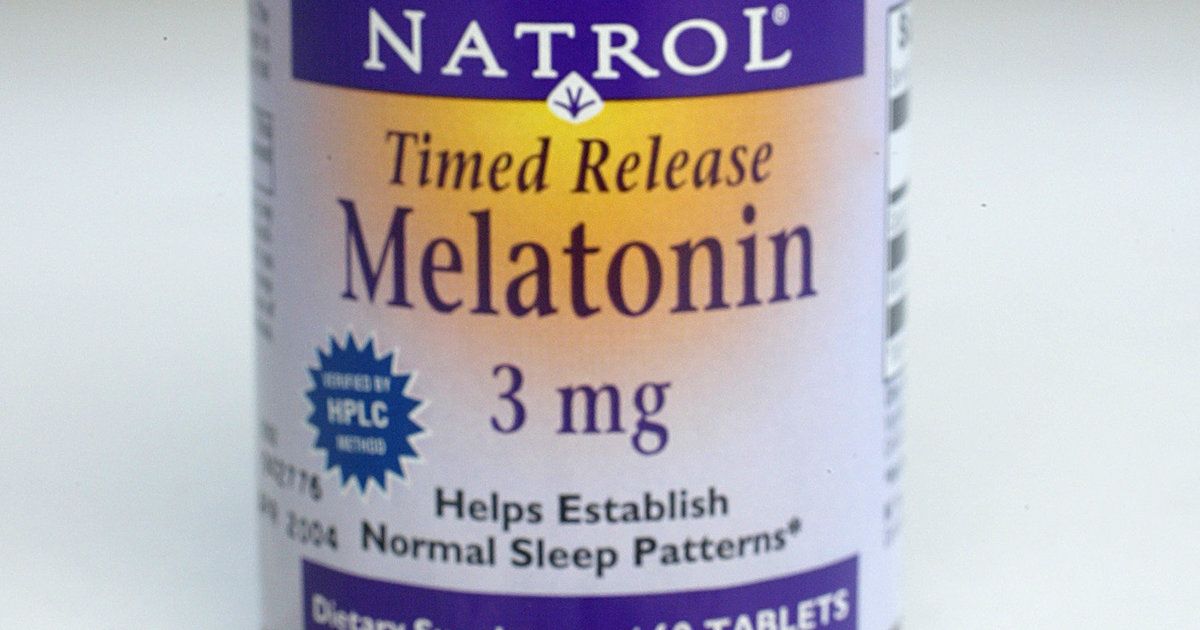
Breaking that debilitating cycle is possible.
The potential for insomnia treatment to influence alcohol-related consequences has significant implications for the prevention and treatment of problematic alcohol use among young adults.
CBTi reduces symptoms of insomnia among young adults who are actively drinking — even in the absence of direct alcohol intervention.
This is important as individuals tend to report a preference for insomnia treatment compared to other treatments related to mental health issues.28
CBTi as a solution to alcohol-induced insomnia
CBTi, as offered by Sleepstation, could help if you’re experiencing alcohol-induced insomnia.
CBTi is recommended as the best starting point for treating insomnia that has lasted more than four weeks (chronic insomnia). Unlike sleeping pills, CBTi helps you overcome the underlying causes of your sleep problems rather than just alleviating the symptoms. To find out more click here.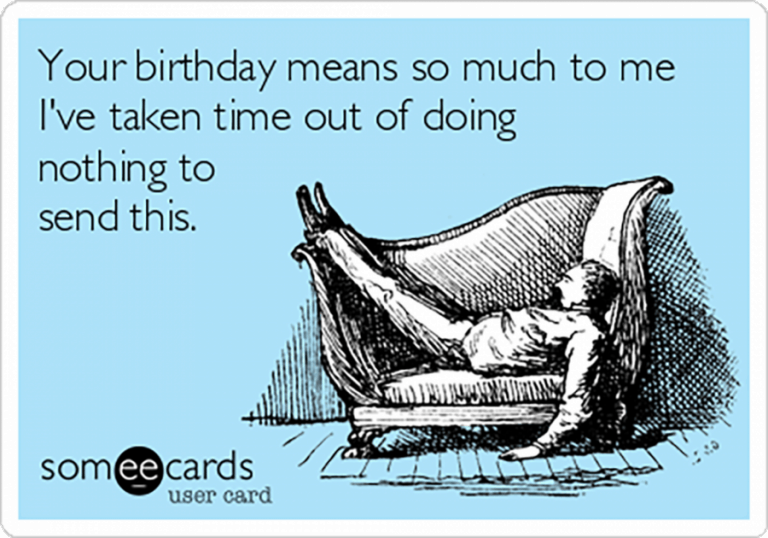
Summary
- Alcohol is used as a sleep aid… but it rarely aids sleep.
- Too much alcohol before bed often means a sleepless night.
- A small nightcap can be of some benefit.
- Alcohol and a lack of sleep are a dangerous combination and can lead to a debilitating cycle.
- Alcohol and a lack of sleep in young adults can lead to ‘risky behaviours’.
- CBTi can help if you’re experiencing alcohol-induced insomnia.
References
-
Aldrich M. Effects of alcohol on sleep. Alcohol Problems and Aging: National Institute on Alcohol Abuse and Alcoholism Research Monograph. 1998;33:281–300.
↑ -
Ebrahim IO, Shapiro CM, Williams AJ, Fenwick PB. Alcohol and sleep I: effects on normal sleep. Alcohol Clin Exp Res. 2013;37(4):539–49.
↑ -
Roehrs T, Roth T.
↑ Sleep, sleepiness, and alcohol use. Alcohol Res Health. 2001;25(2):101–9.
Sleep, sleepiness, and alcohol use. Alcohol Res Health. 2001;25(2):101–9. -
Thakkar MM, Sharma R, Sahota P. Alcohol disrupts sleep homeostasis. Alcohol. 2015;1;49(4):299-310.
↑ -
Feige B, Gann H, Brueck R, Hornyak M, Litsch S, Hohagen F, et al. Effects of alcohol on polysomnographically recorded sleep in healthy subjects. Alcohol Clin Exp Res. 2006;30(9):1527–37.
↑ -
Carole W, Sherry L, Taasan VC, Block AJ, Boysen PG, Wynne JW. Alcohol increases sleep apnea and oxygen desaturation in asymptomatic men. The American journal of medicine. 1981;1;71(2):240-5.
↑ -
Kuitunen T, Mattila MJ, Seppala T. Actions and interactions of hypnotics on human performance: single doses of zopiclone, triazolam and alcohol.
↑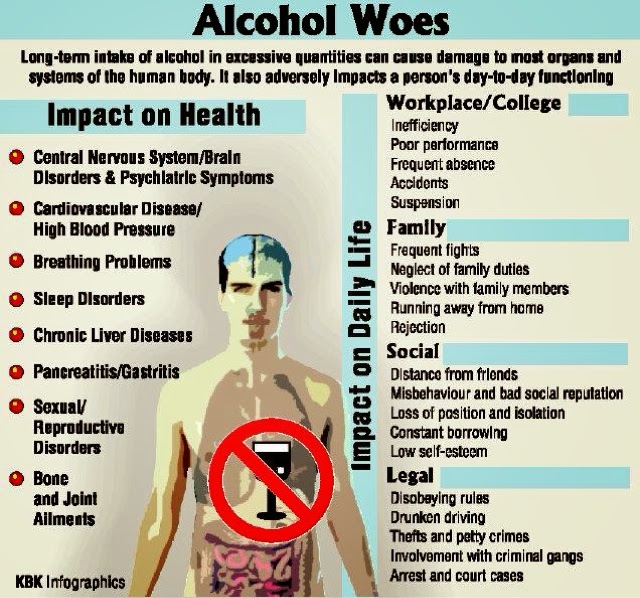 Int Clin Psychopharmacol. 1990;5 Suppl 2:115–30.
Int Clin Psychopharmacol. 1990;5 Suppl 2:115–30. -
McKnight-Eily LR, Eaton DK, Lowry R, Croft JB, Presley-Cantrell L, Perry GS. Relationships between hours of sleep and health-risk behaviors in US adolescent students. Prev Med. 2011;53(4–5):271–3.
↑ -
Dayan J, Bernard A, Olliac B, Mailhes A-S, Kermarrec S. Adolescent brain development, risk-taking and vulnerability to addiction. J Physiol Paris. 2010;104(5):279–86.
↑ -
Thomas AG, Monahan KC, Lukowski AF, Cauffman E. Sleep problems across development: a pathway to adolescent risk taking through working memory. J Youth Adolesc. 2015;44(2):447–64.
↑ -
Mauss IB, Troy AS, LeBourgeois MK.
↑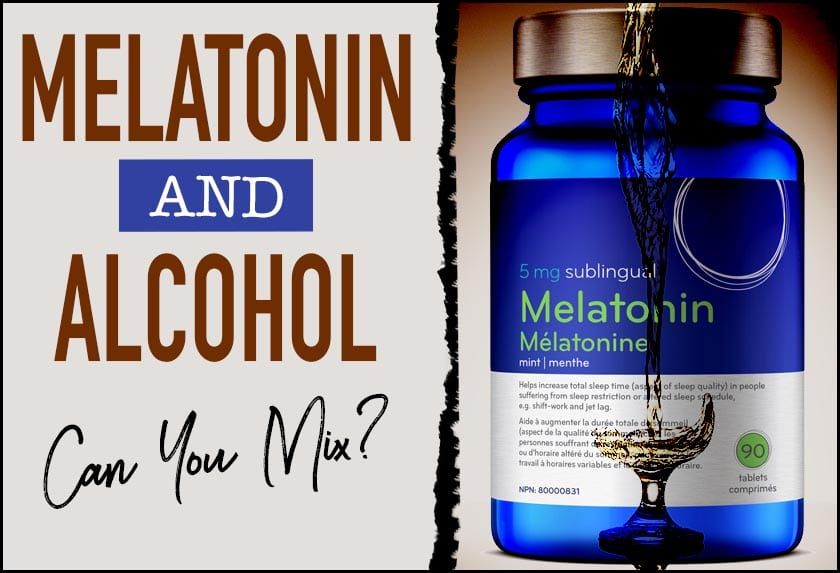 Poorer sleep quality is associated with lower emotion-regulation ability in a laboratory paradigm. Cogn Emot. 2013;27(3):567–76.
Poorer sleep quality is associated with lower emotion-regulation ability in a laboratory paradigm. Cogn Emot. 2013;27(3):567–76. -
Baum KT, Desai A, Field J, Miller LE, Rausch J, Beebe DW. Sleep restriction worsens mood and emotion regulation in adolescents. J Child Psychol Psychiatry. 2014;55(2):180–90.
↑ -
Horne J. Neuroscience. Images of lost sleep: Neuroscience. Nature. 2000; 403(6770):605–6.
↑ -
Patrick ME, Terry-mcElrath YM, Miech RA, Schulenberg JE, O’Malley PM, Johnston LD. Age-specific prevalence of binge and high-intensity drinking among U. S. young adults: Changes from 2005 to 2015. Alcoholism: Clinical and Experimental Research. 2017;41:1319–1328.
↑ -
Hingson R, Zha W, Simons-Morton B, White A.
↑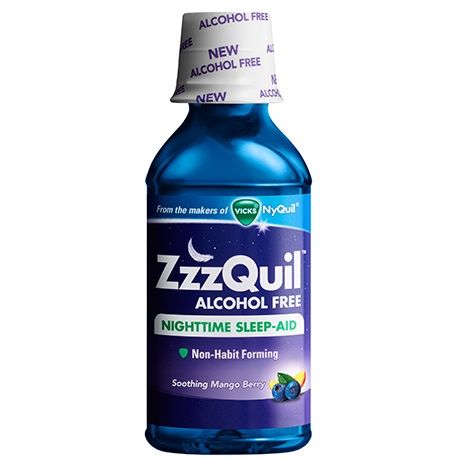 Alcohol-induced blackouts as predictors of other drinking related harms among emerging young adults. Alcohol Clin Exp Res. 2016;40(4):776–84.
Alcohol-induced blackouts as predictors of other drinking related harms among emerging young adults. Alcohol Clin Exp Res. 2016;40(4):776–84. -
Ohayon MM. Epidemiological Overview of sleep Disorders in the General Population. Sleep Med Res. 2011;2(1):1–9.
↑ -
Brower KJ. Assessment and treatment of insomnia in adult patients with alcohol use disorders. Alcohol. 2015;49(4):417–27.
↑ -
Brower KJ, Aldrich MS, Robinson EA, Zucker RA, Greden JF. Insomnia, self-medication, and relapse to alcoholism. Am J Psychiatry. 2001;158(3):399–404.
↑ -
Lowry R, Eaton DK, Foti K, McKnight-Eily L, Perry G. Galuska DA Association of Sleep Duration with Obesity among U.
↑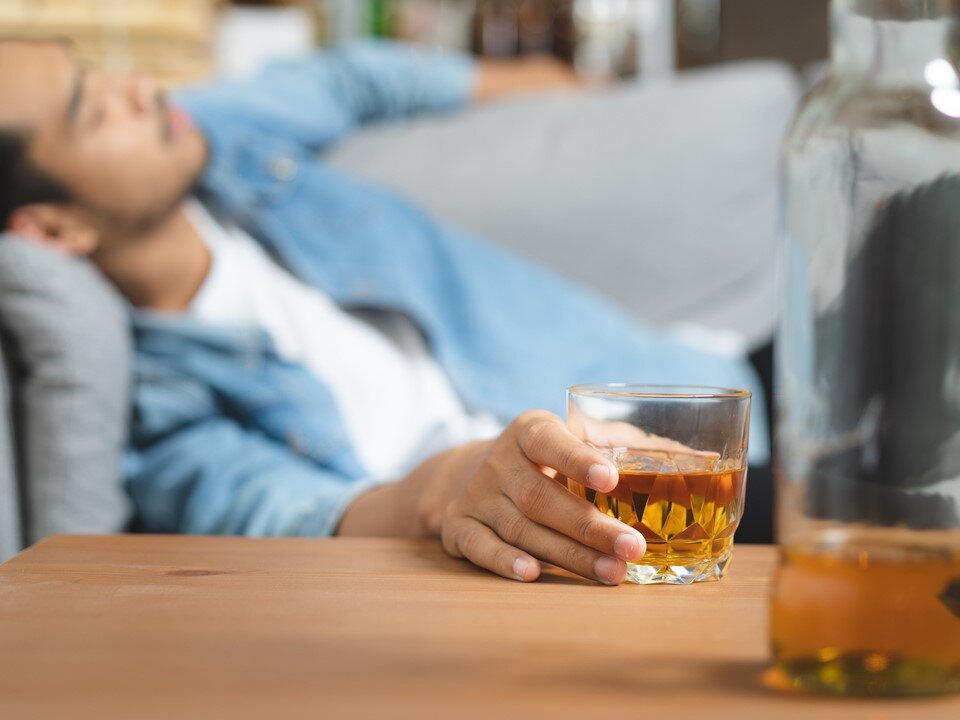 S High School Students.
S High School Students. -
Pizza F, Contardi S, Antognini AB, Zagoraiou M, Borrotti M, Mostacci B, et al. Sleep quality and motor vehicle crashes in adolescents. J Clin Sleep Med. 2010;6(1):41–5.
↑ -
Gruber R, Wiebe ST, Wells SA, Cassoff J, Monson E. Sleep and academic success: mechanisms, empirical evidence, and interventional strategies. Adolesc Med State Art Rev. 2010;21(3):522–41, x.
↑ -
Dahl RE The consequences of insufficient sleep for adolescents - Phi Delta Kappan. 1999
↑ -
Wong MM, Brower KJ, Zucker RA. Childhood sleep problems, early onset of substance use, and behavioral problems in adolescence. Sleep Medicine.
↑ 2009;10(787):796 10.
2009;10(787):796 10. -
Wong MM, Robertson GC, Dyson RB. Prospective relationship between poor sleep and substance-related problems in a national sample of adolescents. Alcohol Clin Exp Res. 2015;39(2):355–62.
↑ -
Pieters S, Burk WJ, Van der Vorst H, Dahl RE, Wiers RW, Engels RCME. Prospective relationships between sleep problems and substance use, internalizing and externalizing problems. J Youth Adolesc. 2015;44(2):379–88.
↑ -
Hasler BP, Kirisci L, Clark DB. Restless sleep and variable sleep timing during late childhood accelerate the onset of alcohol and other drug involvement. J Stud Alcohol Drugs. 2016;77(4):649–55.
↑ -
Miller MB, Janssen T, Jackson KM.
↑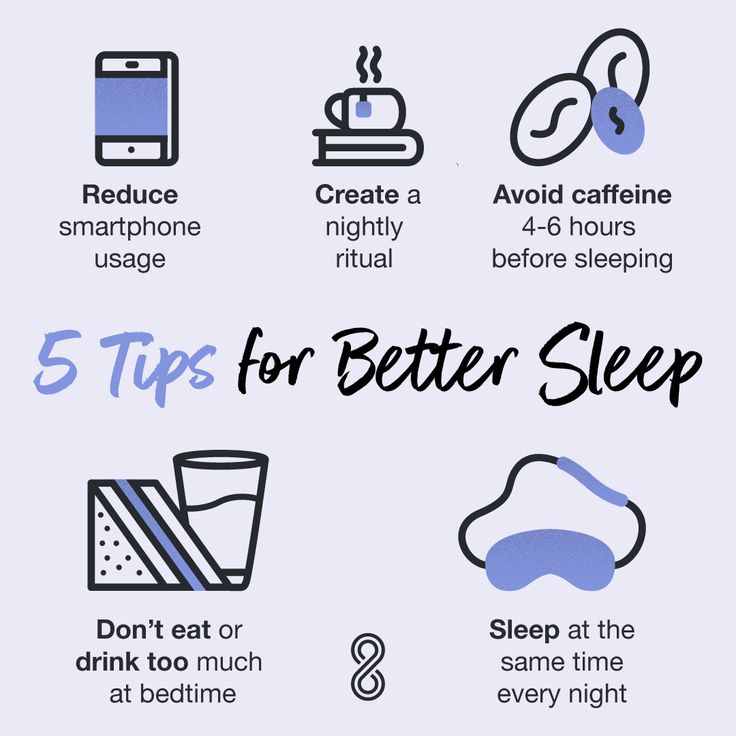 The prospective association between sleep and initiation of substance use in young adolescents. J Adolesc Health. 2017;60(2):154–60.
The prospective association between sleep and initiation of substance use in young adolescents. J Adolesc Health. 2017;60(2):154–60. -
Miller MB, DiBello AM, Lust SA, Carey MP, Carey KB. Adequate sleep moderates the prospective association between alcohol use and consequences. Addict Behav. 2016;63:23–8.
↑ -
Koob GF, Colrain IM. Alcohol use disorder and sleep disturbances: a feed-forward allostatic framework. Neuropsychopharmacology. 2020;45(1):141–65.
↑ -
Miller MB, Deroche CB, Freeman LK, Park CJ, Hall NA, Sahota PK, et al. Cognitive Behavioral Therapy for insomnia among young adults who are actively drinking: A randomized pilot trial. Sleep [Internet]. 2020
↑ -
Gutner CA, Pedersen ER, Drummond SPA.
↑ Going direct to the consumer: Examining treatment preferences for veterans with insomnia, PTSD, and depression. Psychiatry Res. 2018;263:108–14.
Going direct to the consumer: Examining treatment preferences for veterans with insomnia, PTSD, and depression. Psychiatry Res. 2018;263:108–14. -
Anton RF, O’Malley SS, Ciraulo DA, Cisler RA, Couper D, Donovan DM, et al. Combined pharmacotherapies and behavioral interventions for alcohol dependence: the COMBINE study: a randomized controlled trial: The COMBINE study: A randomized controlled trial. JAMA. 2006;295(17):2003–17.
↑
Does Alcohol Make You Sleep? No, Here Are 13 Reasons Why
You know that woozy boozy feeling you get after a certain number of cocktails, the one that makes you feel like you could fall fast asleep for the whole night? It’s a ruse.
Does alcohol make you sleep better? No. It may make you fall asleep initially, but it is definitely not a viable sleep aid. In fact, after it sedates you into slumber, alcohol produces highly fragmented, non-restorative "manufactured" sleep.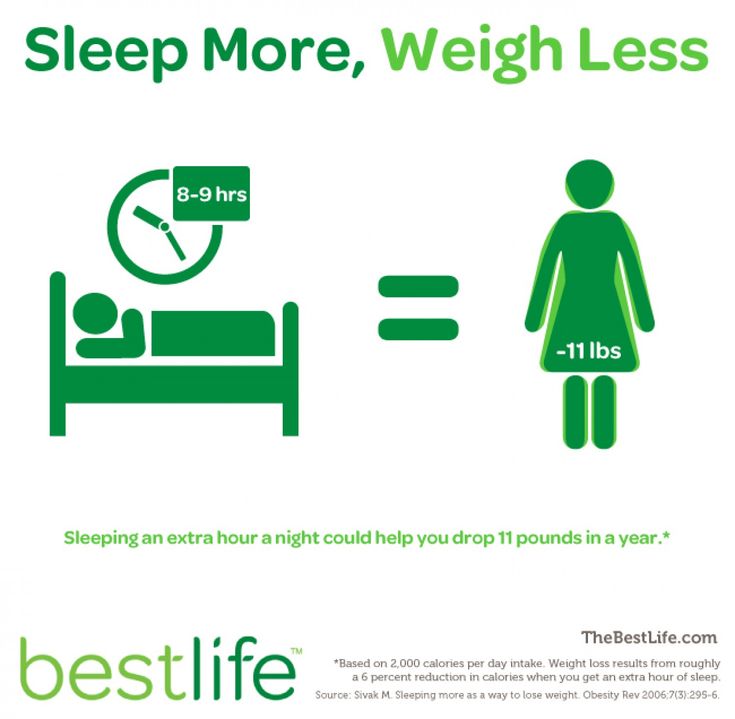 With that kind of interrupted sleep, it’s almost impossible to meet your sleep need. And depriving yourself of the sleep your body needs leads to low energy and impaired functioning even after you sober up the next day.
With that kind of interrupted sleep, it’s almost impossible to meet your sleep need. And depriving yourself of the sleep your body needs leads to low energy and impaired functioning even after you sober up the next day.
In this article, we’ll bust some common myths and uncover a few sobering truths about how alcohol affects your sleep. If you value a good night’s sleep and want to perform at your best during the day, it might be time to nix that nightcap.
Yes, the Sleepy Feelings Are RealNo one is saying your favorite wine or cocktail doesn’t have a relaxing effect. Alcohol is indeed a sedative. It’s classified as a central nervous system depressant because it slows brain function, mostly via gamma-aminobutyric acid (GABA), a neurotransmitter that produces a calming effect. As alcohol increases GABA activity in the brain, you may start to feel sleepy. But after you doze off, alcohol actually disrupts your sleep.
Alcohol Causes Fragmented SleepWhen you drink alcohol at night, you’re more likely to sleep fitfully or awaken during dreams, especially during the second half of the night when alcohol’s sedative effects have worn off.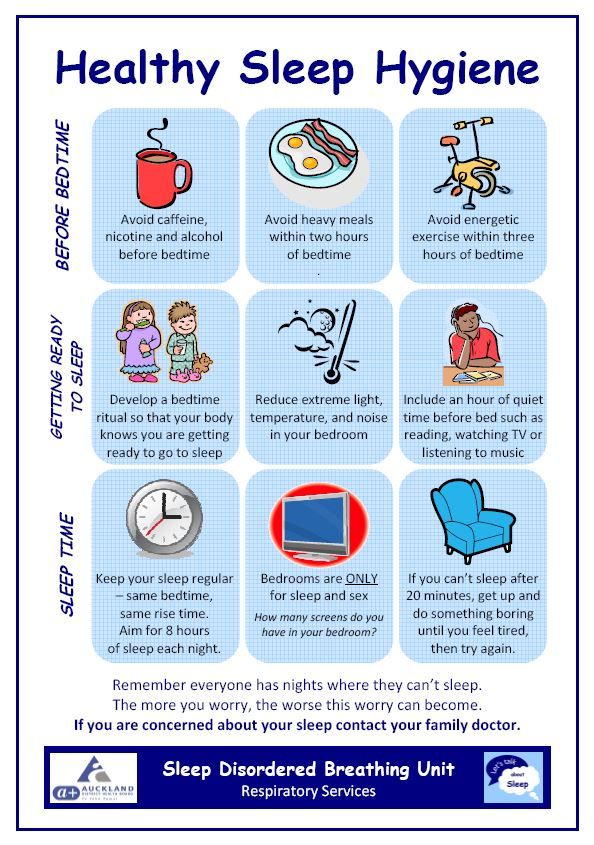 Sometimes this sleep fragmentation can go undetected by the sleeper, further enforcing the false notion that alcohol helps you sleep well.
Sometimes this sleep fragmentation can go undetected by the sleeper, further enforcing the false notion that alcohol helps you sleep well.
To understand how alcohol disrupts your sleep, let’s take a quick look at how the four stages of sleep fit into a sleep cycle. Normal sleep cycles last about 90-120 minutes each, and you may have four or five cycles each night. Within each cycle, your body moves through four different stages of sleep. Stages 1, 2, and 3 are NREM (non-rapid eye movement) sleep, and stage 4 is REM (rapid eye movement) sleep.
Stage 1 is dozing and transitory, light sleep where your heartbeat, breathing, eye movements, and brain waves begin to slow. In stage 2, things slow down even more; muscles relax, body temperature drops, and your eyes become still.
Stage 3 — often called slow-wave or delta sleep — is deep, restorative sleep. Heart rate, breathing, and brain activity reach their lowest levels.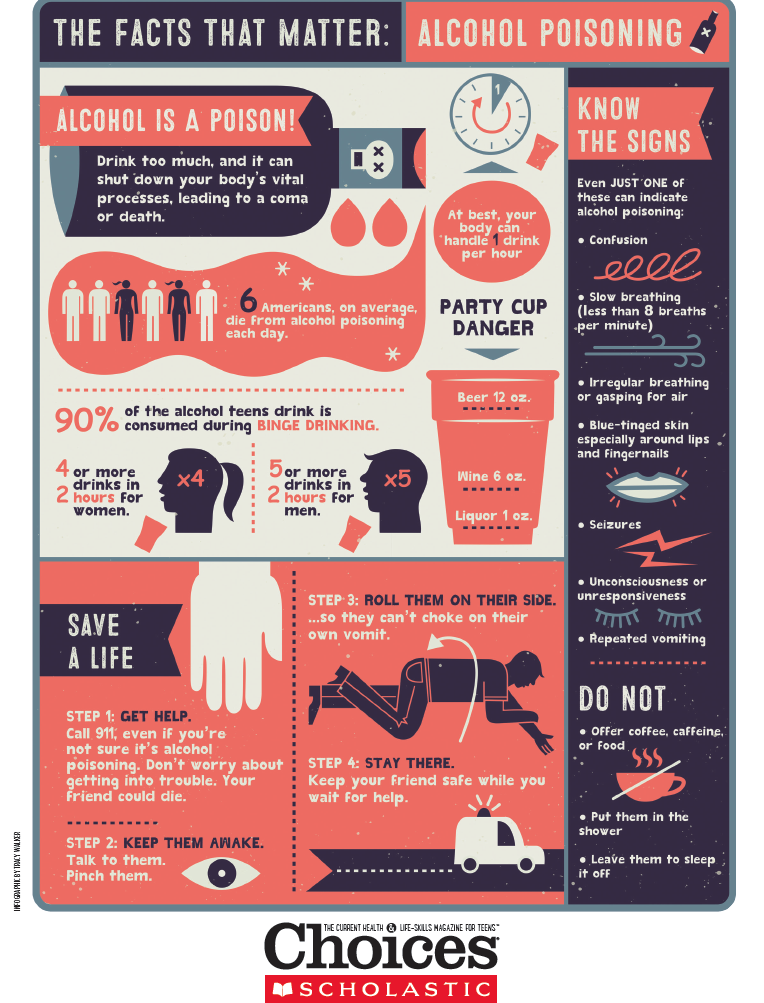 In REM or stage 4, breathing and heart rate quicken, and eye movement starts back up. Most dreaming and memory consolidation happen during stage 4.
In REM or stage 4, breathing and heart rate quicken, and eye movement starts back up. Most dreaming and memory consolidation happen during stage 4.
The problem with alcohol is as the body processes it during the first half of the night, you reach stage 3 more quickly, but at the expense of REM sleep. During the second half of the night, once the alcohol has been processed, you experience "REM rebound" where REM sleep increases in a bid to catch up and maintain your normal sleep patterns, but this usually disrupts your natural waking process.
Alcohol Will Kill Your Dream SleepIf your favorite drink is a bloody mary or mimosa over brunch, the good news is that’s the best time of day to be drinking. Drinking later in the day is problematic for sleep, significantly reducing the amount of REM sleep we get at night.
In his book Why We Sleep Walker explains:
“Alcohol is one of the most powerful suppressors of REM sleep that we know of.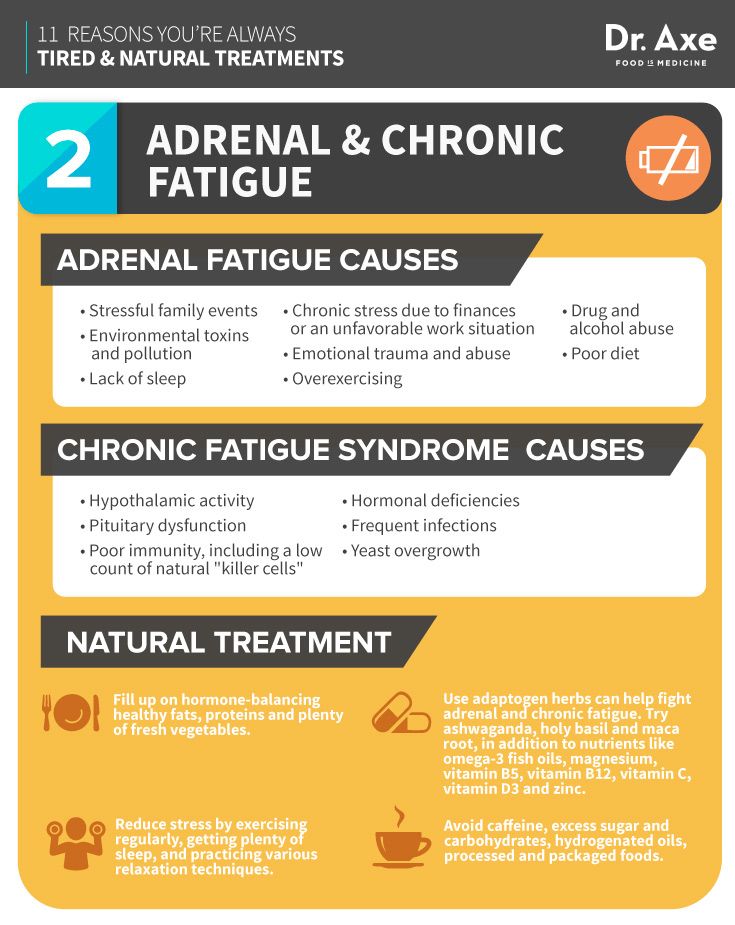 When the body metabolizes alcohol it produces by-product chemicals called aldehydes and ketones. The aldehydes in particular will block the brain’s ability to generate REM sleep. It’s rather like the cerebral version of cardiac arrest, preventing the pulsation beat of brain waves that otherwise power dream sleep. People consuming even moderate amounts of alcohol in the afternoon and/or evening are thus depriving themselves of dream sleep.”
When the body metabolizes alcohol it produces by-product chemicals called aldehydes and ketones. The aldehydes in particular will block the brain’s ability to generate REM sleep. It’s rather like the cerebral version of cardiac arrest, preventing the pulsation beat of brain waves that otherwise power dream sleep. People consuming even moderate amounts of alcohol in the afternoon and/or evening are thus depriving themselves of dream sleep.”
The negative effects of alcohol also include hindering our ability to retain what we learn. Because alcohol interferes with REM sleep, it can also make you forget new information, even if the drinking happens days after the learning took place. A 2003 study found that memories remain very vulnerable to sleep disruption from alcohol, despite two full nights of natural sleep between the learning and the drinking.
It Can Trigger Sleep Talking and SleepwalkingSleepwaking (somnambulism) and sleep talking (somniloquy) are slow wave sleep disorders (SWSD), disorders that cause unwanted nocturnal behaviors, and both may be triggered by alcohol. Sleep talking, which afflicts 5% of adults, has no medical significance and requires no treatment. Although the sleep talker’s partner whose sleep is interrupted by the in-bed speech may be the one who suffers most!
Sleep talking, which afflicts 5% of adults, has no medical significance and requires no treatment. Although the sleep talker’s partner whose sleep is interrupted by the in-bed speech may be the one who suffers most!
Sleepwalking is much more dangerous, since there can be many potential hazards in the sleepwalker’s path — stairs, open windows, sharp objects, etc. Incidents of “sleepdriving” are perhaps the most serious as they can endanger dozens or hundreds of other people.
The causes of somnambulism are not fully understood, but alcohol is suspected to be among them. There is no known cure, but episodes become less frequent with age. Only 2-4% of adults sleepwalk, possibly because people experience less deep sleep as they get older.
Alcohol Is a DiureticIf a few glasses of wine at happy hour send you to the restroom more than once, you probably already know alcohol is a diuretic. And urinary frequency can extend past your bedtime. Each time you get up to use the bathroom at night is an interruption of your sleep, and it’s not always easy to fall back asleep immediately.
Alcohol can further disrupt and fragment sleep by triggering snoring and sleep apnea. Consuming alcohol close to bedtime can cause or worsen snoring, because alcohol relaxes muscles in the throat thereby decreasing your body’s natural defenses against airway obstruction. And alcohol consumption produces the lowest oxygen saturation levels in patients at risk for or suffering with sleep apnea or obstructive sleep apnea.
- How do you know if you have sleep apnea?
- How to get rid of sleep apnea? 11 treatment options
- How to sleep when someone is snoring? 15 methods to try
For women experiencing menopause, alcohol can trigger hot flashes which at night-time can be incredibly disruptive to sleep. Research shows daily alcohol consumption significantly increases the risk of hot flashes and night sweats.
It Impacts the Sleep of Babies Born to Alcoholic MothersOne of the most alarming effects of alcohol involves babies born to mothers who are alcoholics or heavy drinkers during pregnancy. Newborn sleep disruption was one of the first problems studied by researchers investigating fetal alcohol syndrome in the 1970s.
Newborn sleep disruption was one of the first problems studied by researchers investigating fetal alcohol syndrome in the 1970s.
When compared to babies whose mothers did not drink during pregnancy, infants with fetal alcohol syndrome “had difficulty reaching a NREM episode without waking first, exhibited more arousals during both REM and NREM sleep, and had fewer intact REM/NREM cycles.”
Feeling Hungover Is Partly About Sleep LossThe miserable feelings associated with an alcohol hangover are often caused or worsened by short sleep duration. Heavy drinking in the evening is associated with sleep loss that night as well as daytime sleepiness, reduced activity levels, and impaired performance the next day.
Binge Drinking Worsens Sleep DisturbancesDefined as five or more drinks in a row for men and four or more drinks in a row for women, binge drinking on a weekly basis can have a significant negative impact on sleep.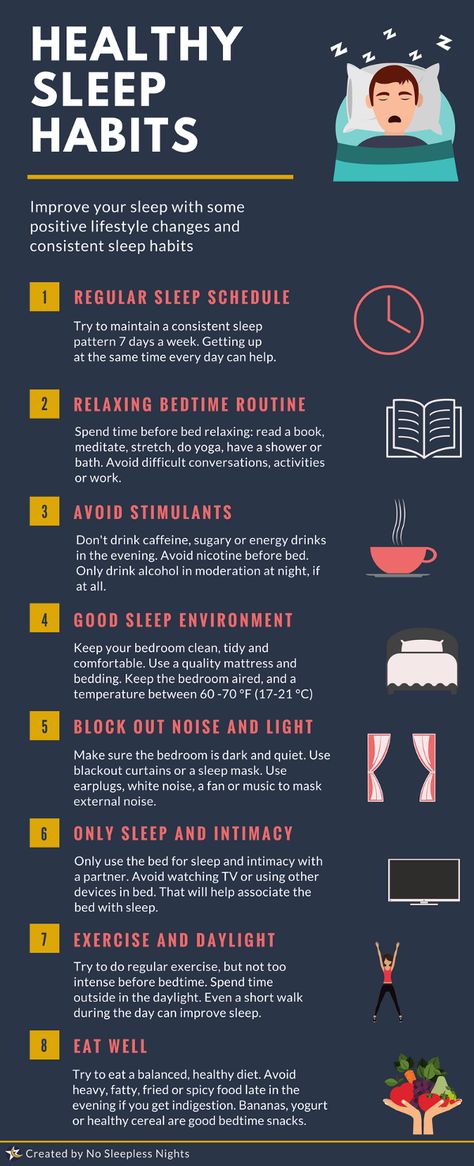 According to a 2013 study: “The detrimental effects on sleep increase in magnitude with frequency of binge drinking, suggesting a dose-response relationship. Moreover, binge drinking is associated with sleep problems independent of psychiatric conditions.”
According to a 2013 study: “The detrimental effects on sleep increase in magnitude with frequency of binge drinking, suggesting a dose-response relationship. Moreover, binge drinking is associated with sleep problems independent of psychiatric conditions.”
Roughly 35% to 70% of people who suffer from alcohol use disorder — a medical diagnosis for varying degrees of alcohol problems or dependence — report having insomnia or trouble sleeping.
A 2018 study by sleep medicine specialist Dr. Timothy Roehrs, director of research at the Sleep Disorders and Research Center at Henry Ford Hospital, found people who drink alcohol before bed to hasten sleep onset often develop a tolerance that prompts them to escalate the dose. Repeatedly increasing the amount of alcohol intake can lead to alcohol dependency or addiction. And the sleep problems associated with full blown alcoholism are even more severe.
Alcoholics with a pent-up need for REM/dream sleep can sometimes experience aggressive intrusions of dreaming while wide awake.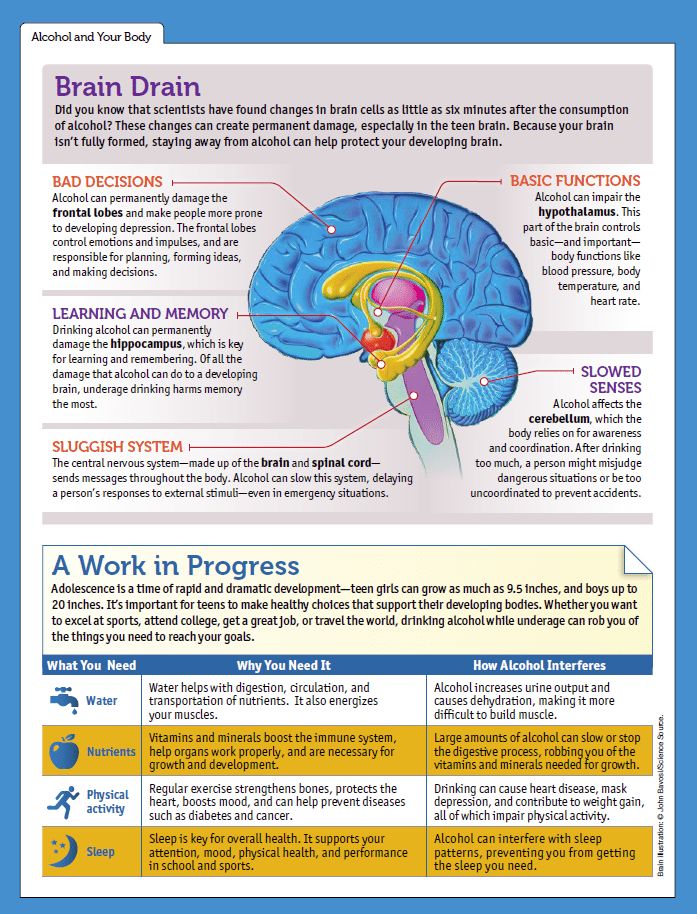 This terrifying psychotic state called delirium tremens is a symptom of alcohol withdrawal that often starts when the alcohol-addicted person seeks treatment and has just begun to detox. Symptoms include shaking, fever, confusion, hallucinations, and high blood pressure. For some, delirium tremens is fatal.
This terrifying psychotic state called delirium tremens is a symptom of alcohol withdrawal that often starts when the alcohol-addicted person seeks treatment and has just begun to detox. Symptoms include shaking, fever, confusion, hallucinations, and high blood pressure. For some, delirium tremens is fatal.
It’s clear that alcohol’s sedative effects are temporary, and drinking it before bed as a “sleep aid” will backfire. Not only will you get less sleep and miss out on the restorative power of REM sleep, but you’ll also put yourself at risk for some of the other side effects discussed in this article.
Alcohol’s effect on sleep varies depending on how close to bedtime you consume it. At Rise Science, we recommend setting a cutoff time that falls at least three to four hours before your bedtime. The RISE app includes an option to send yourself a daily reminder of this cutoff time. We also suggest limiting your drinks to a maximum of one to two per day, preferably consumed with a meal.
We also suggest limiting your drinks to a maximum of one to two per day, preferably consumed with a meal.
To consistently get the hours of sleep you need at night to have optimal energy in the daytime, you need good sleeping habits. Being strategic about the timing of your alcohol consumption is an important part of sleep hygiene, the upkeep of behaviors that affect the way you sleep. Download the RISE app to start improving your sleep hygiene habits today.
You don’t necessarily have to forgo alcohol altogether. Giving up nightcaps in favor of a cocktail at happy hour is a step in the right direction. Day drinking is even better. 🙂
Scientists: sleep after drinking is not full
Subscribe to our newsletter "Context": it will help you understand the events.
Image caption,Alcohol interferes with various stages of sleep
There is scientific evidence that drinking alcohol at night can help you fall asleep, but it also disrupts your natural sleep-wake cycles.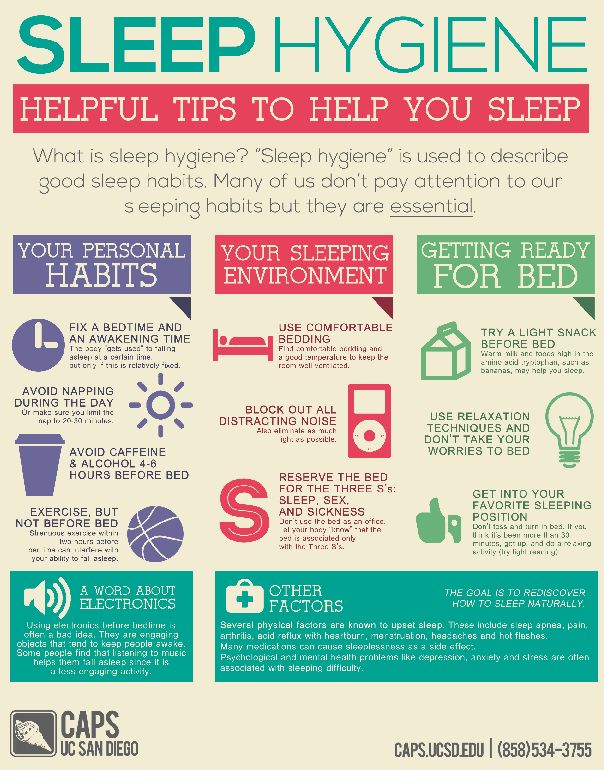 nine0016
nine0016
According to the London Sleep Centre, alcohol reduces the duration of falling asleep and induces deep sleep. However, the cycle of "REM" sleep, during which dreams appear and which is essential for recuperation, suffers.
Prolonged alcohol abuse can lead to insomnia.
Until recently, a dose of alcohol before bedtime was not considered so dangerous - patients in nursing homes and hospitals were sometimes even offered to drink alcohol at night. nine0005
According to Dr. Irshad Ebraim, Medical Director of the London Sleep Centre, people who drink before bed are at great risk.
"A glass or two can help you fall asleep in the short term, but if it becomes a habit it can lead to serious sleep problems," he warns.
"If alcohol cannot be avoided, it is better to drink two hours before bedtime, because during this time the effect of alcohol weakens," the scientist believes.
But this is a dangerous business, because alcohol not only causes a habit, but also leads to the suppression of natural rhythms in the activity of the brain, which accompany dreams and are a condition for a good sleep.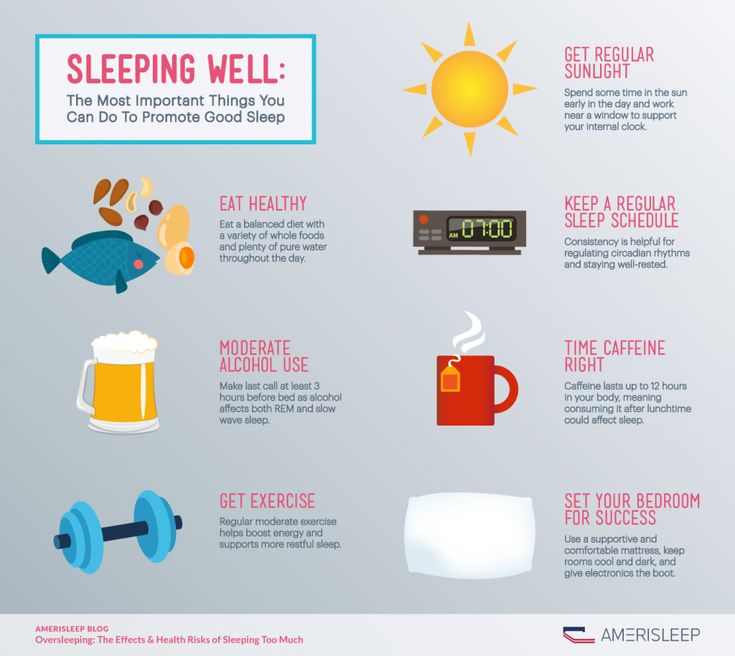 nine0005 Photo caption,
nine0005 Photo caption,
Alcohol-related breathing problems can be dangerous
Skip the Podcast and continue reading.
Podcast
What was that?
We quickly, simply and clearly explain what happened, why it's important and what's next.
episodes
The end of the story Podcast
In addition, alcohol causes breathing problems. As a result, people begin to suffer from snoring, and chronic snoring can lead to a dangerous violation of the rhythm of breathing and even stopping it. This condition is called apnea. nine0005
Based on a detailed study of 20 cases, Dr. Ebraim and his colleagues concluded that alcohol affects three aspects of sleep.
First, alcohol speeds up falling asleep. Secondly, it induces very deep sleep. These symptoms closely resemble the abnormalities seen among patients taking antidepressants.
This may explain the attraction of alcohol to many insomniacs.
However, there is a third aspect of sleep that is disturbed by alcohol later, during the rapid eye movement phase. This is the so-called "rapid" stage of sleep, which is the most productive for rest and restoration of normal psychophysiological activity of a person. nine0005
Alcohol-induced disturbances of this stage of sleep have been known for a long time. However, for the first time, the experimental data of observations were brought together and published in an article in the journal Alcoholism: Clinical & Experimental Research.
Chris Idzikowski, director of the Edinburgh Sleep Centre, believes that alcohol in general cannot serve as a sleep aid: "Sleep under the influence of alcohol can be deep in its initial stages, but then becomes broken. In addition, such deep sleep can cause snoring and stop breathing." nine0005
Why alcohol interferes with sleep but makes you sleepy
If you decide to turn to drinking to get better sleep, think again, as it can ruin the quality of your sleep.
Petr Yastrebov
Tags:
Question answer
Popular
Health
Alcohol nine0005
Dream
luis_molinero / Freepik
Alcohol is generally insidious, so you should not rely on it either as a warming agent or as a tonic.
Contents of the article
Why do you want to sleep after alcohol?
Anyone who has ever had a couple of drinks knows that alcohol can make you very sleepy. This is because alcohol depresses the central nervous system. It has a calming effect, helps to relax and induces drowsiness, so you fall asleep faster. However, the researchers found that the calming effect lasted only the first part of the night. People who drink alcohol before bed do not wake up as often in the first few hours of sleep.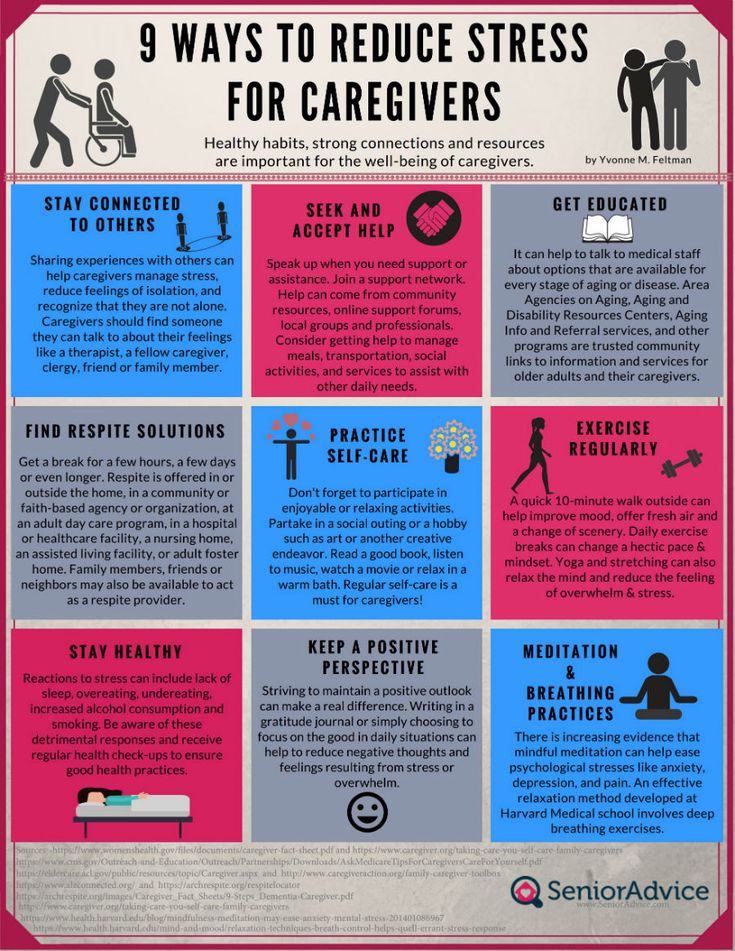 As soon as this effect passes, alcohol begins to have the opposite effect. nine0005
As soon as this effect passes, alcohol begins to have the opposite effect. nine0005
How does alcohol interfere with sleep?
Alcohol may help you fall asleep faster, but that's about it. Studies prove that drinking is actually detrimental to sleep until the end of the night and worsens the quality and quantity of sleep. Drinking before bed has been shown to lead to fragmented sleep and frequent awakenings. There are several reasons for this.
Less REM sleep. Alcohol has been associated with reduced rapid eye movement (REM) sleep. This is the deepest stage of sleep. REM sleep has a restorative effect and affects memory and concentration. Poor or insufficient REM sleep is associated not only with day-to-day sleepiness, but also with an increased risk of disease and early death. nine0005
Disturbed circadian rhythm. As the body breaks down the alcohol and the sedation wears off, it can disrupt your circadian rhythm, causing you to wake up frequently or before you are properly rested.
Getting up to the toilet. Speaking of frequent waking up: frequent urination goes hand in hand with drinking. Everyone knows that alcohol is a diuretic, causing your body to excrete more water in your urine. The result is frequent trips to the toilet and a sleepless night. nine0005
Vivid dreams. Finally, if you go to bed after drinking alcohol, it increases your chances of having vivid dreams or nightmares. It can also lead to sleepwalking or other parasomnias. All this will lead to sleep that will not give you peace and rest.
How much do you need to drink to affect sleep?
The conclusion is that moderation is the key to success when it comes to drinking before bed. Drinking small to moderate amounts of alcohol (one or two standard drinks) before bed may not have much effect. nine0005
However, if you exceed the moderate threshold, you will get much more initial NREM sleep, but will significantly reduce the overall percentage of REM sleep throughout the night.